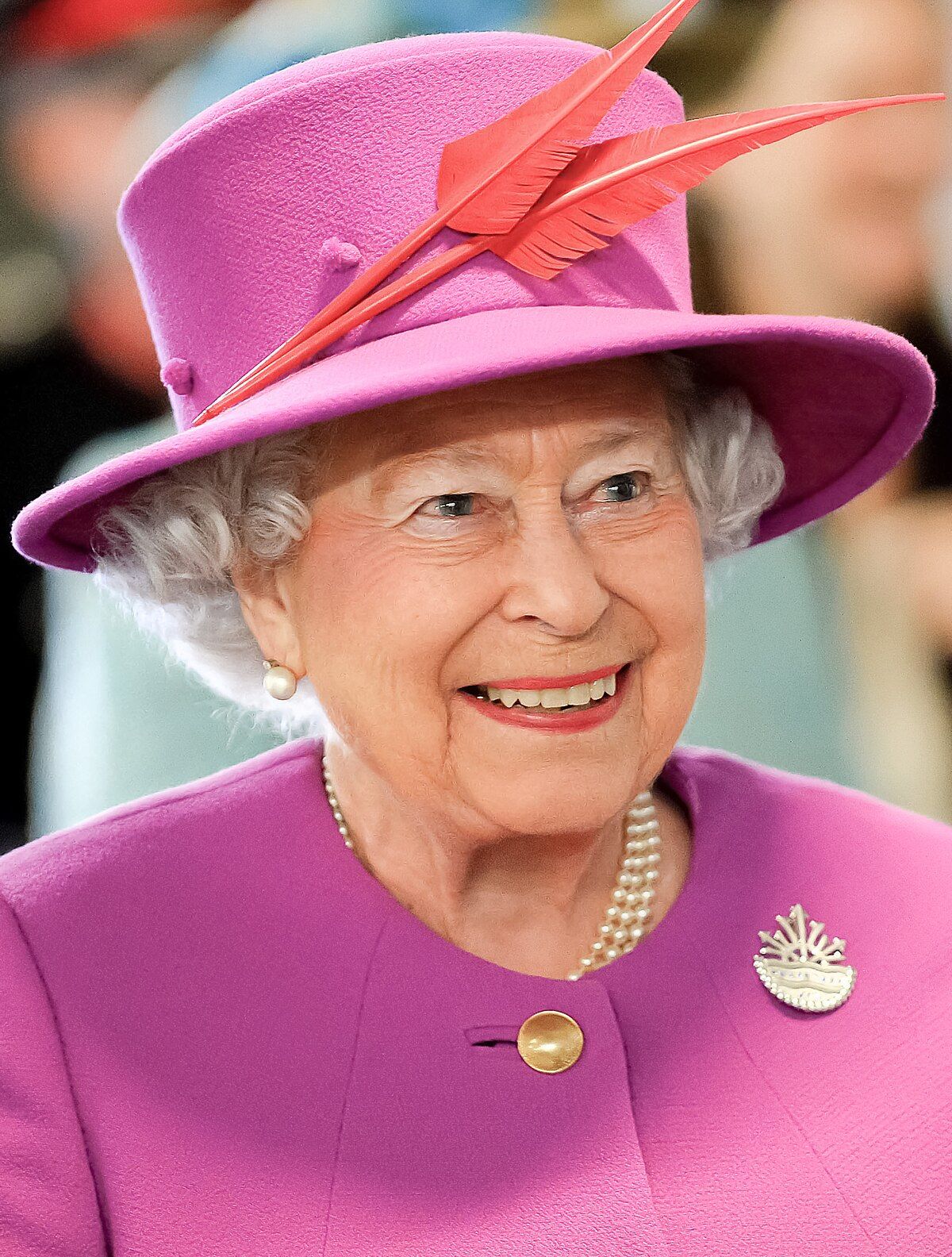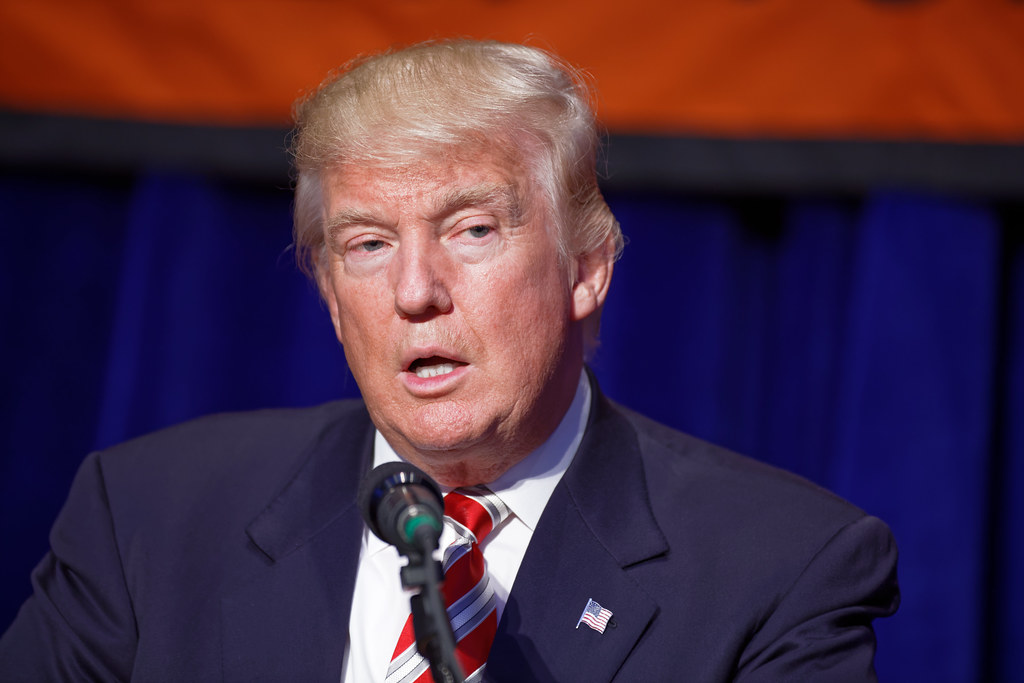
Donald J. Trump’s presidencies, particularly his second term, have prompted significant re-evaluation of American democratic norms and the foundational principles of its governance. Described by scholars and historians as actions that are ‘authoritarian’ and ‘contributing to democratic backsliding,’ his tenure has introduced a distinctive political style, often referred to as Trumpism, that has profoundly reshaped the Republican Party’s identity.
This period has been marked by a series of policies, rhetoric, and actions that have led many observers to characterize his administration’s trajectory as having a distinctly Orwellian bent, challenging established conventions concerning truth, dissent, and the balance of power. From an early age, Trump’s upbringing fostered a particular mindset; his father reportedly told him repeatedly that he was ‘a king’ and to be ‘a killer’ and to not back down. This formative influence, combined with an adherence to pastor Norman Vincent Peale’s preaching of self-confidence as the impetus for prosperity, appears to have shaped a leadership style characterized by an unwavering assertion of power and a confrontational approach to opposition.
Upon entering the political arena, Trump presented himself as a political outsider and a successful businessman, a narrative bolstered by his hosting of the reality television show *The Apprentice* from 2004 to 2015. On the show, he cultivated an image as a ‘superrich chief executive who eliminated contestants with the catchphrase ‘you’re fired”. This portrayal was characterized by *The New York Times* as ‘a highly flattering, highly fictionalized version’ of himself, yet it successfully remade his image for millions of viewers, generating more than $400 million through related licensing agreements. This carefully curated public persona paved the way for his unexpected victory in the 2016 presidential election against Democratic Party nominee Hillary Clinton.
Throughout his political career, Trump has demonstrated a remarkable propensity for litigation and an aggressive legal posture. A review by *USA Today* in 2018 indicated that Trump and his businesses had been involved in ‘more than 4,000 state and federal legal actions’. This included instances like a 1973 countersuit against the U.S. government for $100 million over charges of racially discriminatory practices in his properties. Despite his counterclaims being dismissed and a consent decree being signed, the Trumps faced the courts again four years later, found in contempt of the decree, illustrating a pattern of challenging legal constraints.
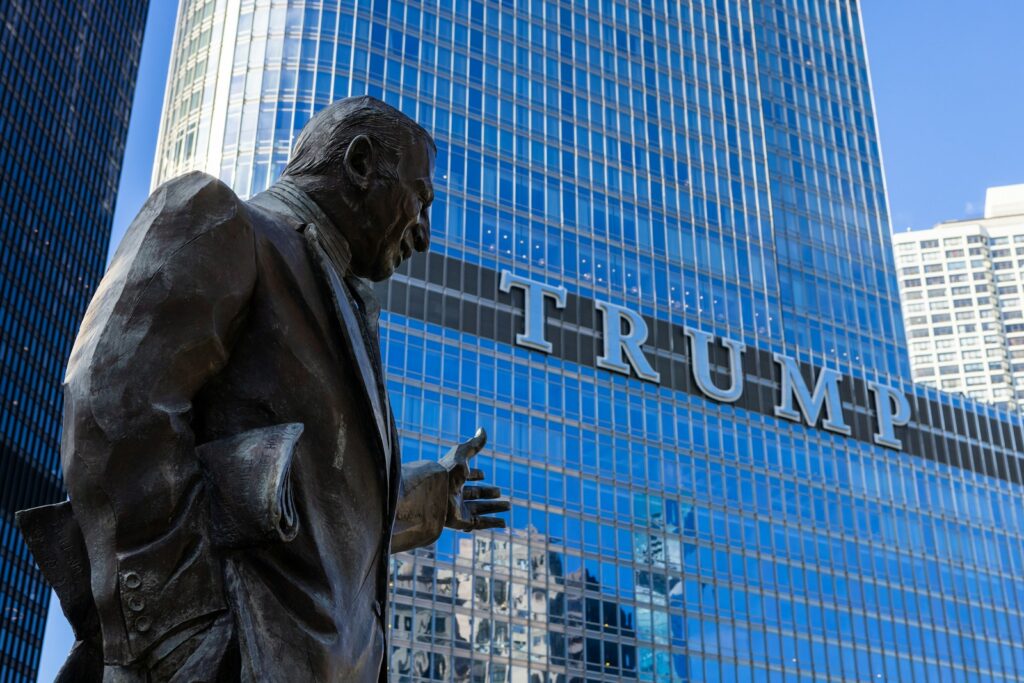
His business ventures, which began with his family’s real estate company, Trump Management, in 1968, and later renamed the Trump Organization, have been marked by a series of controversies and bankruptcies. Six of his businesses, including the Plaza Hotel and several Atlantic City casinos, filed for Chapter 11 bankruptcy protection between 1991 and 2009. These bankruptcies resulted in significant debt restructuring and a reduction of his ownership shares, yet he consistently framed these outcomes as strategic wins, embodying his declared approach of ‘no matter the outcome and cost; even when he lost, he described the case as a win’.
Further scrutiny of his business practices revealed intricate arrangements such as All County Building Supply & Maintenance Corp, formed in 1992 by Trump and his siblings. This company, with no physical offices, was alleged to be a shell entity used for paying vendors supplying Trump’s rental units, then billing Trump Management with markups of ’20–50 percent and more’. These inflated costs were used to secure state approval for rent increases on his rent-stabilized units, simultaneously serving to transfer assets from his father to his children and nephew while lowering tax burdens.
His post-presidency legal challenges continued to mount. In 2023, he was found liable in civil cases for sexual abuse and defamation, as well as for business fraud. The following year, he was ‘found guilty of falsifying business records,’ making him ‘the first U.S. president convicted of a felony. While two felony indictments concerning the retention of classified documents and obstruction of the 2020 election were dismissed without prejudice after his 2024 presidential election victory, a racketeering case related to the 2020 election remains pending in Georgia.
Read more about: Donald J. Trump: A Comprehensive Examination of His Business, Media, and Political Trajectory
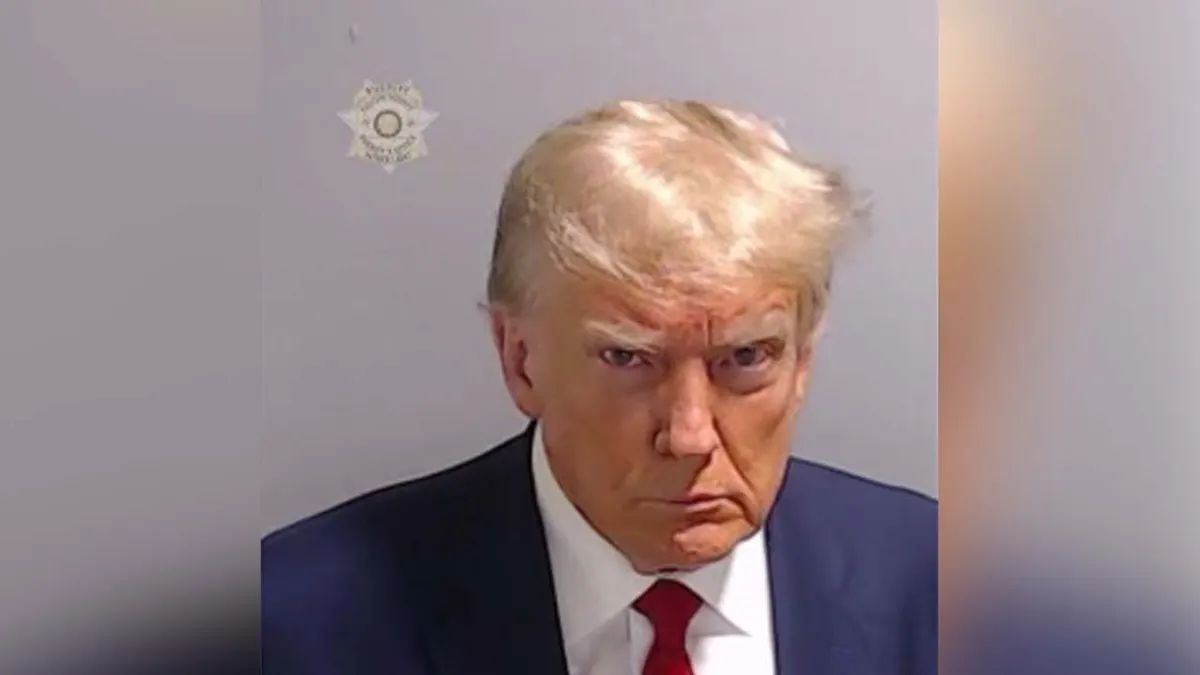
The Trump administration’s approach to governance has frequently involved a broad interpretation of executive authority, leading to significant conflicts with the federal courts. His second presidency, for instance, commenced with ‘mass layoffs of federal workers’ and the imposition of ‘tariffs on nearly all countries, including large tariffs on China, Canada, and Mexico. These actions, coupled with an ‘extensive use of executive orders’, have collectively drawn ‘over 300 lawsuits challenging their legality’, underscoring a consistent willingness to push the boundaries of executive power.
One of the most defining characteristics of his political impact has been his communication style and his relationship with factual information. He has ‘made false and misleading statements and promoted conspiracy theories to a degree unprecedented in American politics’. During the COVID-19 pandemic, for example, he ‘downplayed its severity’ and ‘contradicted health officials’, creating a disjointed public health message that sowed confusion and undermined trust in established authorities.
His rhetoric has frequently been characterized as divisive, employing language that has been widely condemned. Many of his comments and actions have been described as ‘racist or misogynistic’. During his 2016 campaign launch, his claim that Mexican immigrants were ‘bringing drugs, they’re bringing crime, they’re rapists’ drew widespread criticism and led to NBC firing him from *Celebrity Apprentice*. These types of statements have continued to define his public discourse, particularly during his 2020 campaign.
In January 2018, in a discussion concerning immigration legislation, he reportedly referred to El Salvador, Haiti, Honduras, and African nations as ‘shithole countries’, remarks that were broadly ‘condemned as racist’. The following year, in July 2019, he tweeted that four Democratic congresswomen—all minorities, three of whom are native-born Americans—should ‘go back’ to the countries they ‘came from’, prompting a House of Representatives vote to condemn his ‘racist comments. Such rhetoric has served to inflame political divisions and normalize exclusionary language in public discourse.
Read more about: Trump Administration’s Executive Order Targets Homelessness with New Enforcement Measures
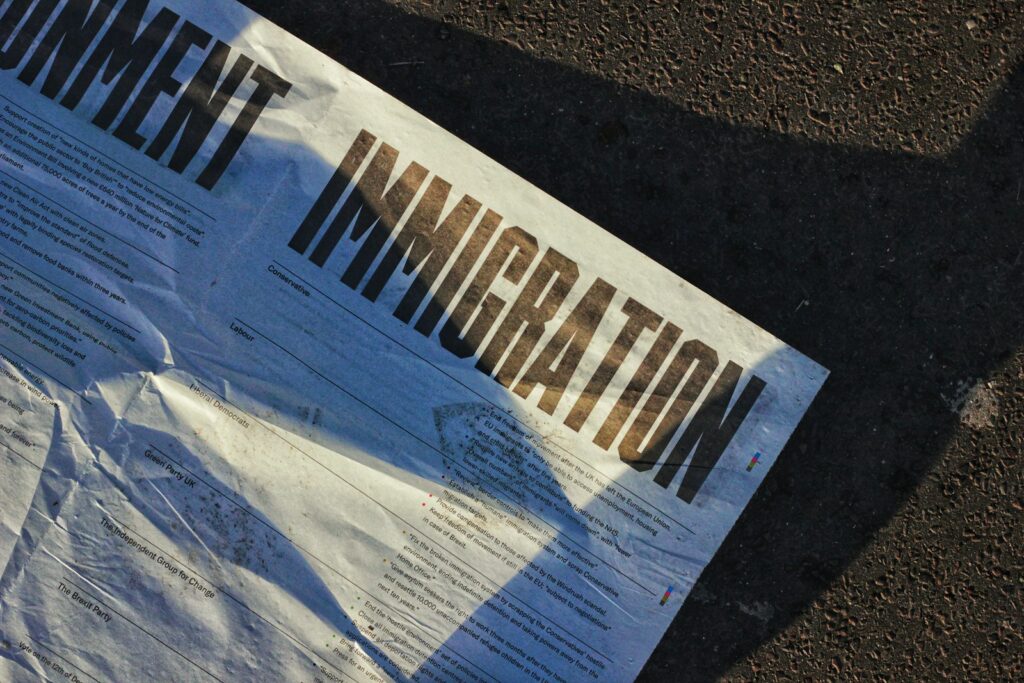
His stance on immigration has been particularly stark, portraying unauthorized entry as an existential threat. As president, he ‘described illegal immigration as an ‘invasion’ of the United States‘ and drastically escalated enforcement. This included implementing ‘harsh policies against asylum seekers’, deploying ‘nearly 6,000 troops to the U.S.–Mexico border to stop illegal crossings’, and enforcing a ‘family separation policy’ on the border.
The response to the George Floyd protests in June 2020 further exemplified the administration’s assertive approach to public dissent. Federal law-enforcement officials employed ‘tear gas and other crowd control tactics to remove a largely peaceful crowd of lawful protesters from Lafayette Square, outside the White House. This action, preceding a controversial photo opportunity with a Bible at St. John’s Episcopal Church, drew condemnation from religious leaders and led many retired military leaders and defense officials to denounce his proposal to use the U.S. military against anti-police-brutality protesters.
His approach to the justice system and clemency powers also raised significant concerns. During his first term, he granted 237 clemency requests, but ‘only 25 of them had been vetted by the Justice Department’s Office of the Pardon Attorney’. The majority were ‘granted to people with personal or political connections to him, his family, and his allies, or recommended by celebrities’, signaling a potential politicization of the pardon process. This practice culminated in 73 pardons and 70 commuted sentences on his last full day in office, often to individuals whose cases the Justice Department had opposed or who were not eligible under standard rules.
Read more about: Some Analytical Insights into Ukraine’s Evolving Air Strategy: Precision Strikes, Tactical Revelations, and Geopolitical Shifts
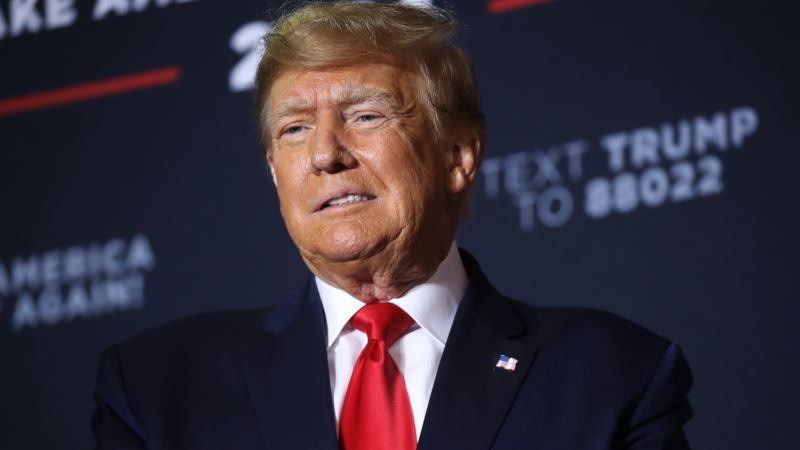
The repeated challenges to the democratic process, particularly after the 2020 presidential election, mark a critical juncture. After losing to Joe Biden, Trump ‘attempted to overturn the result, culminating in the January 6 Capitol attack in 2021’. This event led to his impeachment in 2021 for ‘incitement of insurrection’, following a prior impeachment in 2019 for ‘abuse of power and obstruction of Congress’. While acquitted by the Senate both times, these events underscore the severe strains placed upon democratic institutions.
His approach to ethical boundaries also came under scrutiny. Before his inauguration, he moved his businesses into a revocable trust rather than a blind trust, allowing him to continue profiting and remaining aware of how his administration’s policies affected his business interests. While he pledged to avoid ‘new foreign deals,’ the Trump Organization pursued operational expansions abroad, and lobbyists and foreign government officials reportedly generated ‘hundreds of millions of dollars for his resorts and hotels. The payments from foreign governments, estimated at $13.6 million in his first term, significantly outpaced the $448,000 he reportedly donated to the U.S. government, raising emoluments concerns.
These multifaceted patterns—a leadership style characterized by an aggressive assertion of power, a willingness to challenge established legal and democratic norms, a confrontational relationship with truth, and a divisive rhetoric—collectively contribute to the narrative of an administration charting a course distinct from traditional American political conduct. The continued evolution of Trumpism and its deep imprint on the Republican Party suggest a lasting impact on the nation’s political fabric.
Read more about: our Guide: 11 Accessible Countries for Americans Seeking a Fresh Start Abroad
In an era where the foundations of democratic governance face persistent stress, the Trump presidencies offer a potent case study in the dynamics of executive power, the manipulation of public discourse, and the resilience of institutional checks and balances. The ongoing scrutiny from legal challenges, historical analyses, and public commentary continues to shape understanding of this unprecedented period in American political history, prompting enduring questions about the future trajectory of the republic.

